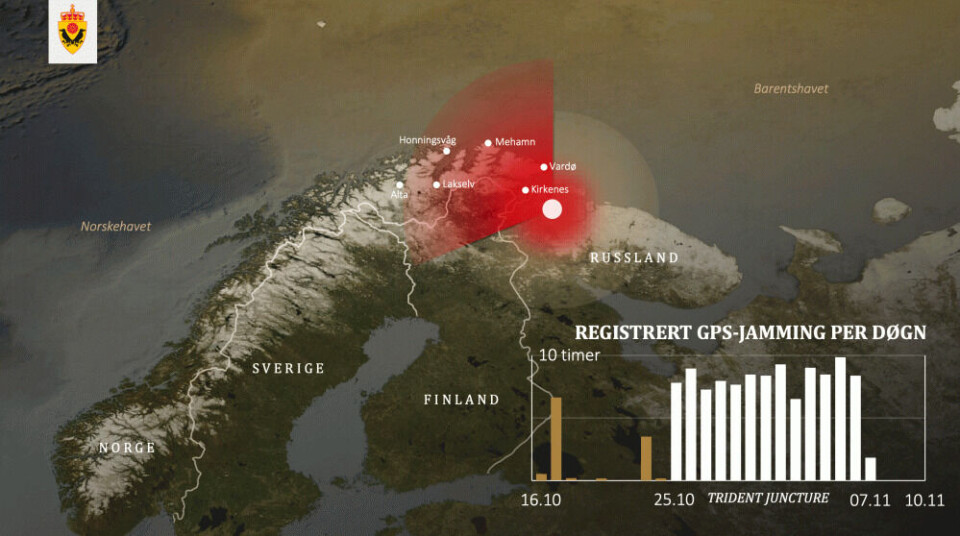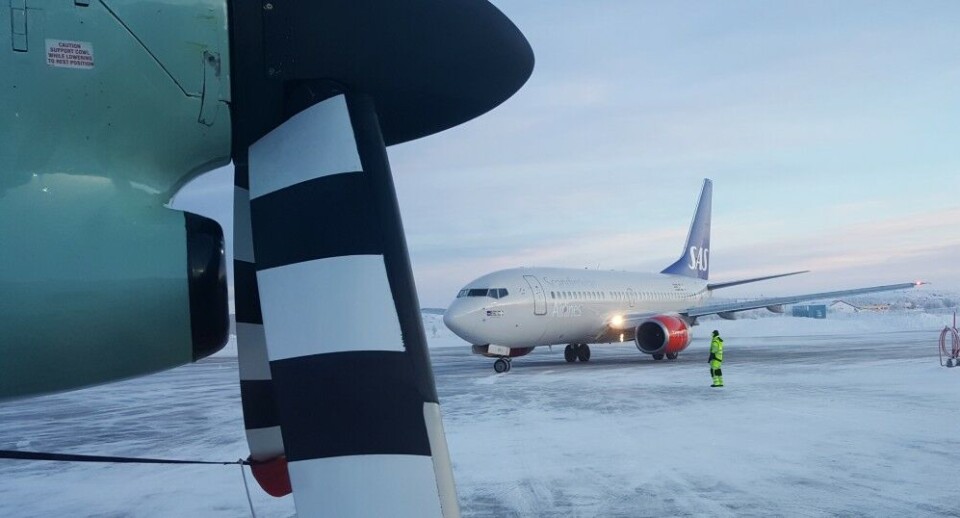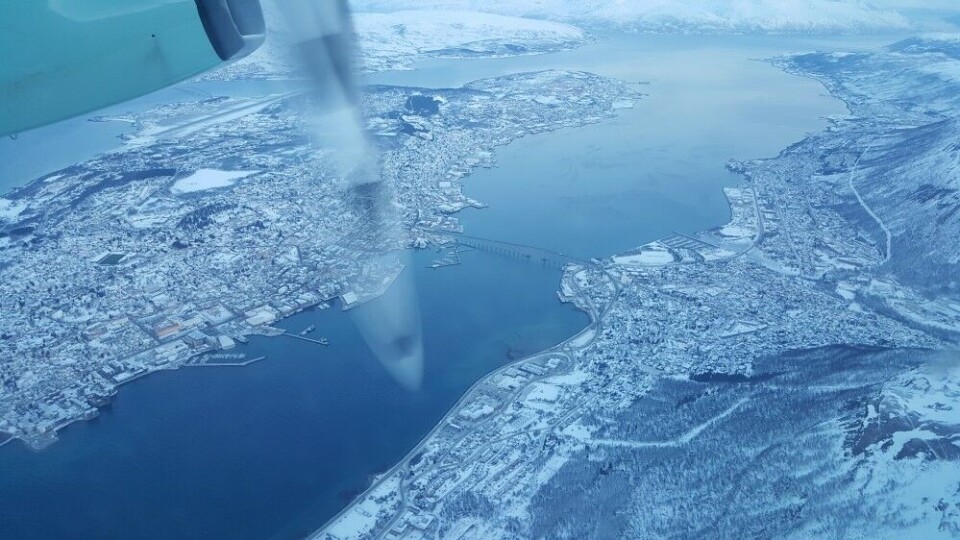
Russian military officials arrive in Oslo as Norway puts GPS jamming facts on the table
Foreign Minister Ine Eriksen Søreide says to the Barents Observer that Moscow now has got the data requested.
Russian Foreign Minister Sergey Lavrov has called Norway’s allegations concerning GPS interference a fantasy, asking Oslo to provide facts.
This week, the facts will be discussed in Oslo when a military delegation arrives from Moscow. GPS disturbances in the border areas to the Kola Peninsula is one of the issues on the agenda for the bi-lateral meeting.
According to Norway’s Foreign Minister, Ine Eriksen Søreide, the facts are already handed over. “We have contributed with data like the Russians asked for,” she told the Barents Observer when visiting the border town of Kirkenes last Wednesday.
Eriksen Søreide said it is civilian data. “We have provided it to them and we are awaiting feedback.”
“We now have a dialogue,” she said.

Russia, strongly dening any involvement, has repeatedly called for evidences. Foreign Minister Sergey Lavrov was neither satisfied with Norwegian authorities telling media about GPS jamming instead of talking directly with Russia. Last November, he compared the issue with martial troubles.
“If you have a problem or suspicion regarding your wife, I mean, you ask her directly. You don’t go to the media and announce your concerns,” Sergey Lavrov said as quoted by Sputnik News.
Russia’s Embassy in Oslo followed up on the Foreign Minister’s dissatisfaction about bringing the case to media.
“Apparently, the Norwegian partners are pursuing other targets, preferring to make statements in the media instead of professional dialogue,” the Embassy said in a Facebook statement on January 21.
The Embassy called for evidence.
“The charges brought by the Norwegian side in connection with the alleged disruptions of GPS signals in northern Norway are declarative. Despite our repeated official requests (agreed with experts of the Russian Defense Ministry) to the Norwegian Foreign Ministry, we have not yet been provided with the data of objective control of technical means of observation,” the statement reads.
Sergey Lavrov’s press-spokeswoman, Maria Zakharova, even named the accusations “absurd histories” and said western politicians are making it a habit to blame Russia for all kind of incidents without providing evidence.
GPS signals have been troubled five times in the northeastern region of Norway since autumn 2017, with the most intense jamming taking place during last fall’s NATO exercise Trident Juncture.
It was in November last year that a Defense Ministry official confirmed to the Barents Observer that the jamming in the period of Trident Juncture, between October 16th and November 7th, came from Russian forces on Kola.
Lack of reliable GPS signals also troubled civilian air traffic in northern Finland.

In February, Chief of Norway’s intelligence service, Lieutenant General Morten Haga Lunde, detailed the scoop of the Russian military jamming in the Pechenga valley and how the jamming gear was moved around in the district around the now closed-down Luostari air base, some 16 km from the border to Norway.
It is uncommon for the military intelligence community in Norway to publicly provide information about observations on the Russian side of the border in the north.
Foreign Minister Ine Eriksen Søreide says it was no problem for Norway to reveal the facts to Russian officials.
“Absolutely no problem,” she says.
“For us it has been important to provide information about the repeatedly disturbances of GPS signals that both harm civilian aviation, but also other areas like search- and rescue that potentially could have severe consequences,” the Foreign Minister elaborates.
“We believe this is not acceptable and we have provided the information we have from the civilian side. They asked for our data, and we gave it to them,” Eriksen Søreide says and underlines that Russia, so far, has not responded to the data.
Then again, on Thursday new reports about disruption of GPS signals in the air over northern Norway came in. Pilots both en route between Kirkens and Tromsø, as well as near Bodø and south to Brønnøysund reported about missing navigation signals, TV2 reported.

Communication Advisor Hanne Risa with Norway’s Civil Aviation Authority (CAA Norway) writes in an e-mail to the Barents Observer that flights operated by both Widerøe and Norwegian have reported about disturbances on GPS signals.
“CAA Norway is always notifying airliners when we receive such information, we issue NOTAM [Notice to Airmen] that GPS disturbances could occur in the airspace,” Risa explains.
“The geographical area of registered interruptions is this time larger then previous,” she tells.
Norwegian Communication Authority (NKOM) says to TV2 it suspects the disturbances experienced near Tromsø to come from a small GPS jammer, likely placed in a vehicle that is moving around.
Support independent Arctic journalism
…. we hope you enjoyed reading this article. Unlike many others, the Barents Observer has no paywall. We want to keep our journalism open to everyone, including to our Russian readers. The Barents Observer is a journalist-owned newspaper. It takes a lot of hard work and money to produce. But, we strongly believe our bilingual reporting makes a difference in the north. We therefore got a small favor to ask; make a contribution to our work.
















